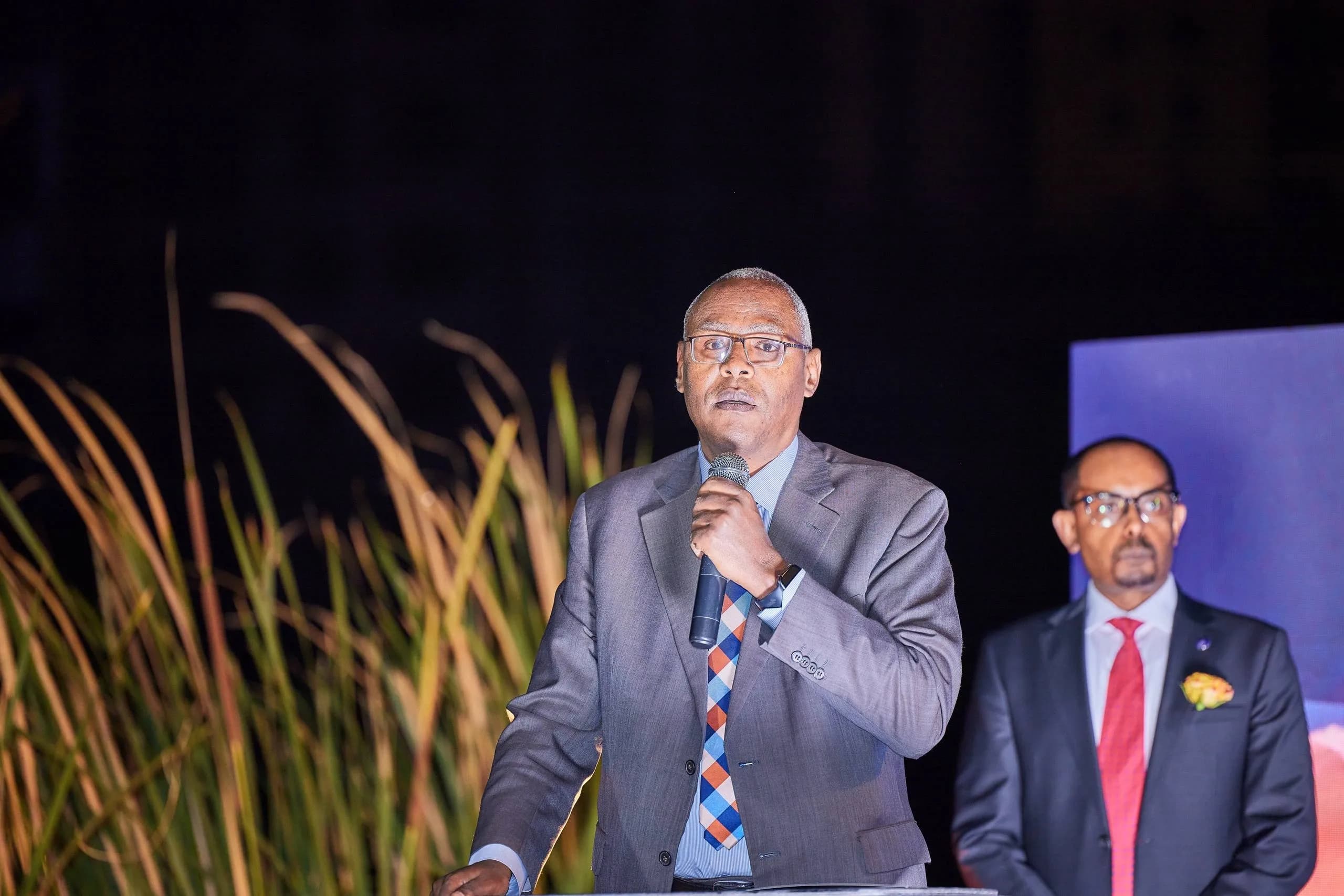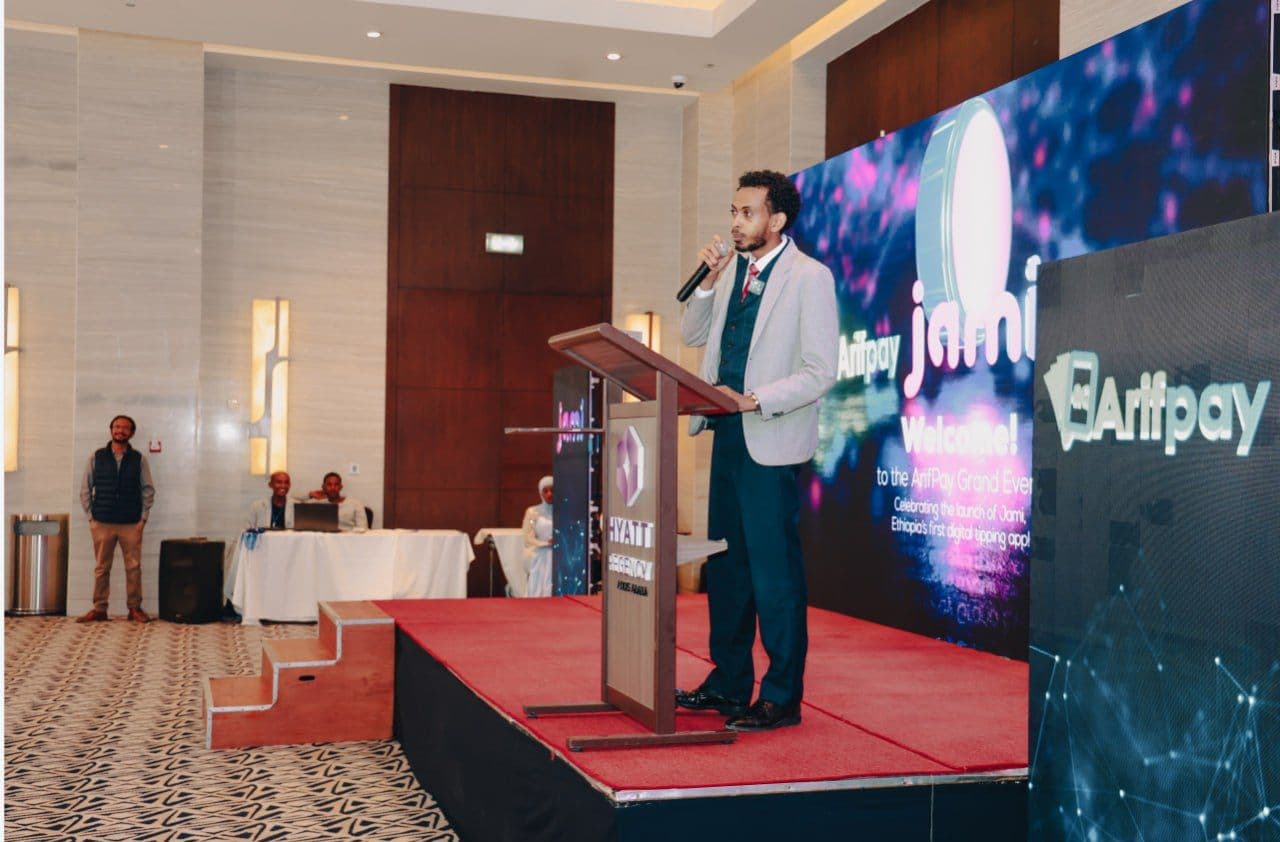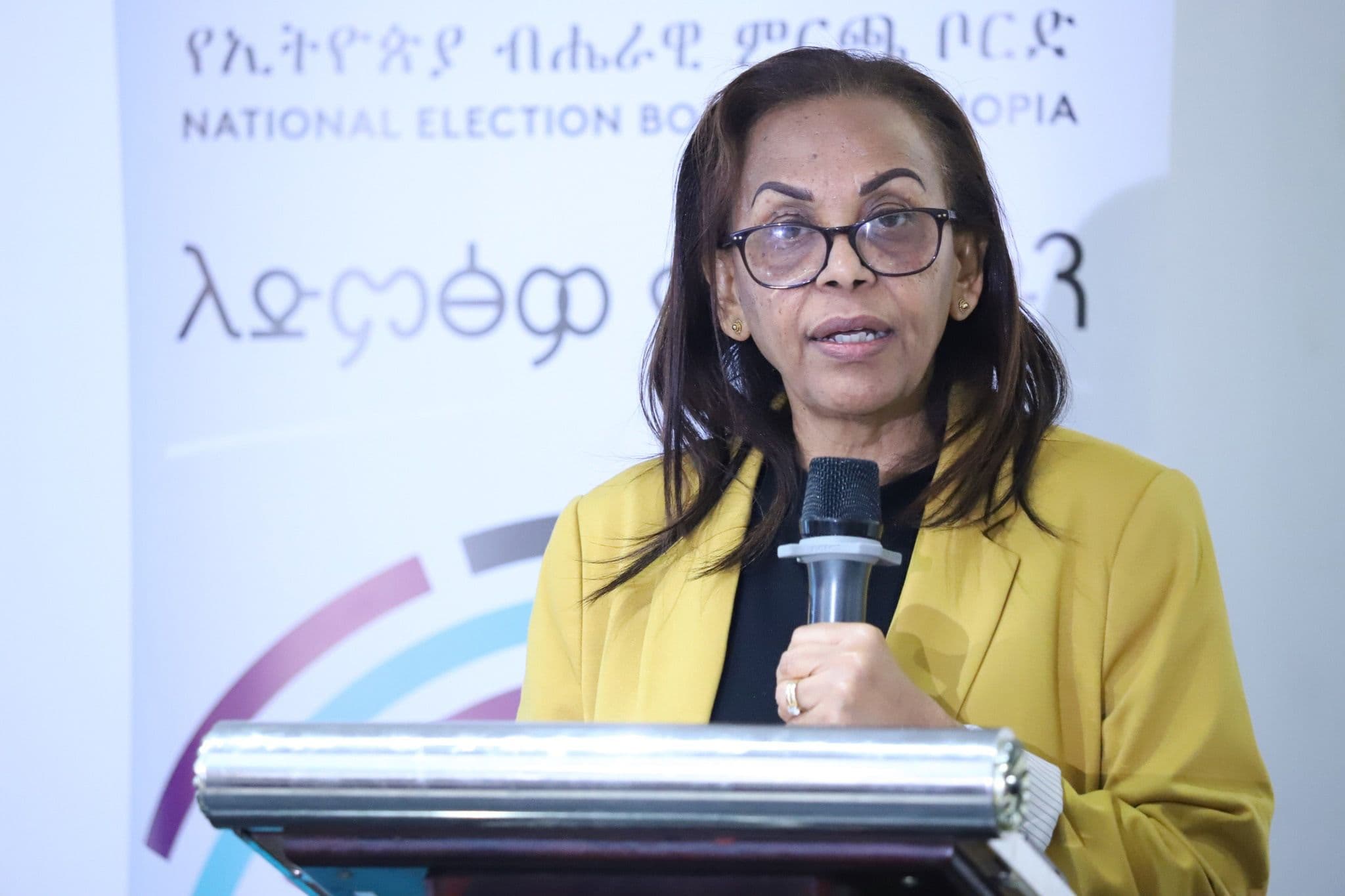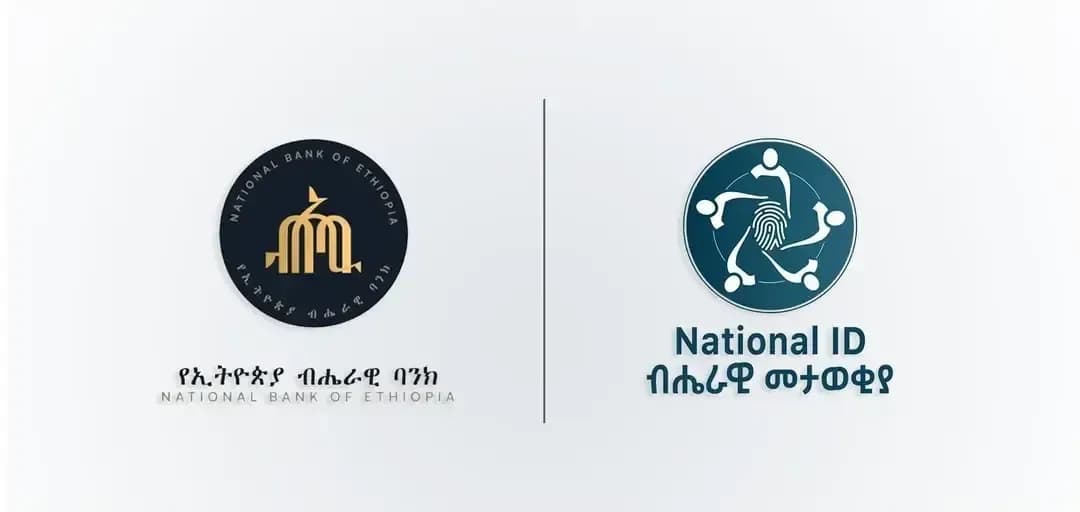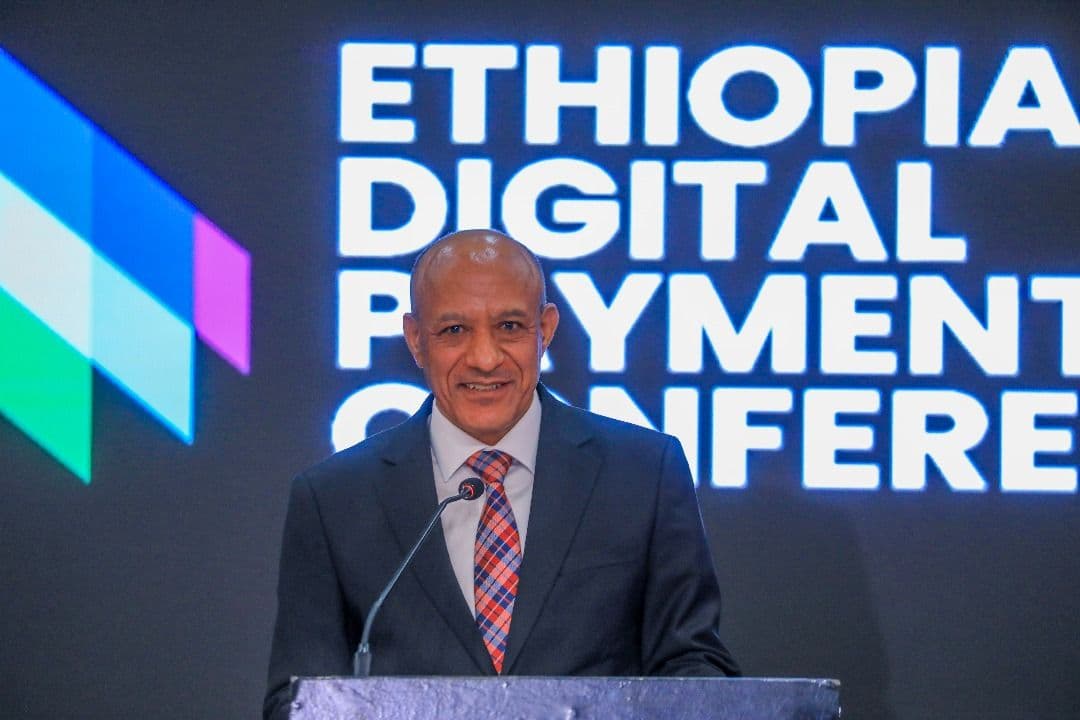In our “5 Questions” series, we ask partners in the AFTS ecosystem to share about their work and unique perspective on fintech. This “5 Questions” interview is with Ben White, the Founder & CEO of VC4A, which is a strategic partner of the AFTS Addis Ababa event.
Briefly, what is the scope of VC4A’s work?
VC4A links transformational entrepreneurs to growth opportunities. Each connection represents an entrepreneur connecting to the knowledge, network, and capital they need to succeed. VC4A supports the making of these connections through the core activity of building, improving and maintaining the VC4A.com website, a critical piece of infrastructure for supporting entrepreneurs building high growth high impact African ventures.
What was the impetus for the founding of VC4A?
Africa’s increased economic momentum is fueled by a growing number of entrepreneurs and their ambition to transform the continent. They bring to life important solutions for society, generate quality employment opportunities, and are a vital source of tax revenue for African governments. These entrepreneurs hold the key to unlocking the continent’s full potential.
What are some of the VC4A success stories that make you the proudest?
VC4A can contribute to the development of robust startup ecosystems by improving the access entrepreneurs have to many layers of support. Through the online platform, the organization connects members from 159 countries in what is increasingly a global community dedicated to African entrepreneurship. VC4A.com lists more than 12,500 startups active across 46 African markets, links over 650 Africa-focused early-stage investors as part of its network of investors, and offers direct business development support with more than 300 business experts offering their expertise free of charge on VC4A Mentor Marketplace. Over 1,200 ecosystem building organizations leverage the VC4A.com platform to recruit entrepreneurs for their initiatives and where VC4A has facilitated more than 25,000 applications.
VC4A is otherwise agnostic to country, stage or sector, and where there are meaningful connections to be made for all types of entrepreneurs regardless of their gender, location or level of experience.
How have you seen the relationship between fintech and the African startup scene evolve over your years of work in the space? What are some fintech developments that particularly excite you?
Any time technology touches daily life, you are going to see traction. We see this happening in fintech, but also in the fields of agriculture, healthcare, and education. Each of these verticals shows growth and represents important innovations, products, and services, coming to market with a tangible social and economic impact. For sure fintech has caught the attention of investors, but we expect this will carry over into many other sectors of arguably equal importance.
What role do you see Ethiopia playing in the fintech startup scene in Africa?
At the core, we are talking about innovations that help to unlock economic activity and make it easier for economic participation. The applications are wide-ranging and there are many developments taking place that should have our attention. That said, the industry requires oversight and there should be clear rules about what is and is not acceptable. Here the government needs to be involved in setting up clear policies. The boundaries are being expanded in many directions, where we have to ensure people don’t get hurt. Entrepreneurs and investors should be thinking very carefully about their actions and keep their stakeholders front and center in their decision making.
The first step is to focus on the enabling environment. What is the country doing to be conducive to this type of entrepreneurship? What is the dialogue with stakeholders yielding in terms of feedback and ideas for improvement? How far is this feedback being elevated to the decision-makers and how far are they mandated to address these concerns? Ethiopia has a large population, where fintech most certainly has a role to play in the country’s development, but only when this space is given the guidance and support it needs. The competitive field is global and Ethiopia will only attract the best solutions and the best teams when they can clearly present a startup ecosystem that is conducive to entrepreneurship. The ingredients are there and I am optimistic Ethiopia will be a hot-bed of activity and center of innovation on the continent in the years to come.




